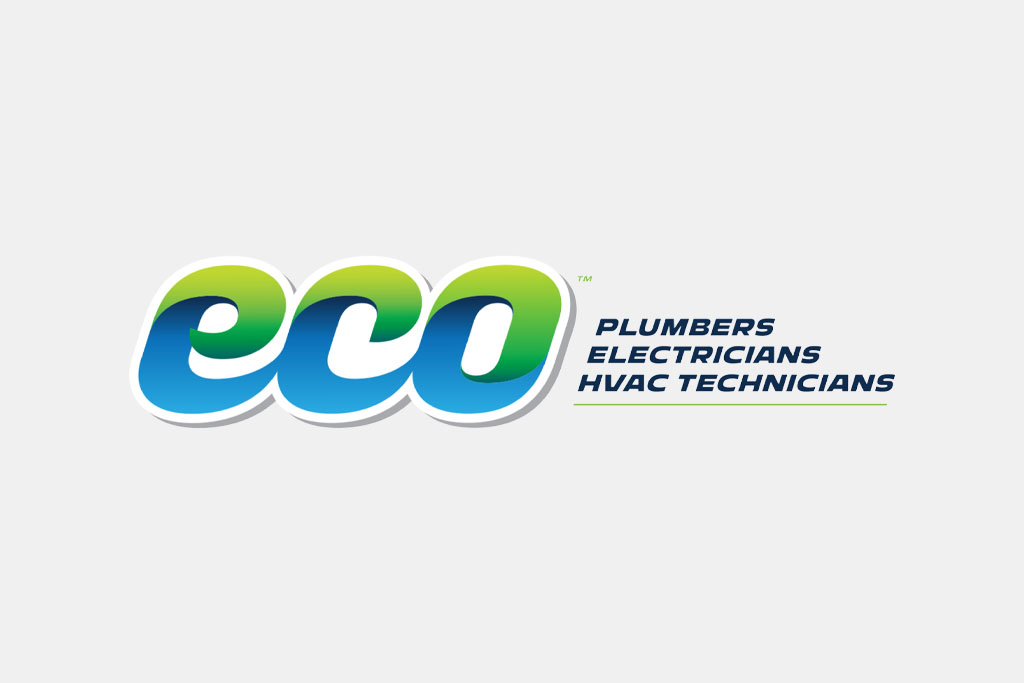How much money are you paying in utility bills? A significant portion of that bill probably comes from your appliances, using them every day to cook meals and store your perishables. So why not invest in their energy-efficient alternatives, like ones accredited by Energy Star, to slash costs? Here are some tips when shopping for high efficiency appliances:
Look for the Energy Star products. Appliances that have the Energy Star label are considered the most efficient because they exceed the requirements set forth by the federal government for appliances. You could even receive rebates for installing them.
Read the EnergyGuide label. While appliances might be efficient, their EnergyGuide label will inform you on actual savings. You will be able to compare different models to see which will save you the most against their initial cost. As a result, there will be models that cost less with decreased efficiency and vice versa.
Size matters. Get the right size to suit your needs at home. If you buy appliances that are too big or small, you could end up spending more in initial cost or bills, which defeats the purpose of your investment.
Here are recommendations for some appliances:
Dishwasher: A dishwasher’s energy consumption is based on the amount of hot water it uses. You should buy a model that uses just the right amount, so smaller models might be best for homeowners who use less dishes every week. There are also efficient models to choose from with soil sensors and wash cycle selections.
Washing machine: Like dishwashers, washing machines also rely on hot water you can save money by washing some clothes with cold water. Also consider investing in a washing machine with features like a horizontal or vertical axis, water-level sensor and fast final spin. Horizontal axis machines are the most efficient because there is less water and electricity involved in cleaning your clothes.
Refrigerators: Refrigerators with side-by-side doors versus a freezer on top use less energy, and a bottom freezer is somewhere between the two with its energy use. Buying a fridge with a door-mounted ice and water dispenser will significantly increase your energy bill.
Buy appliances that run on gas, not electricity. Burning gas in your home will usually cost less than a plant burning gas to create electricity that runs to your home. There are dryers, stoves and heaters that run on natural gas at home improvement stores.
Compare price tag against energy savings. When you compare various brands and price tags, the least expensive ones might seem more attractive. However, you will actually save more money in the long-term by investing in the expensive appliances. This is because there is often a significant difference between their energy savings versus the less expensive models.
Ask about rebates and offers. There are various offers from state and federal governments encouraging homeowners to buy energy efficient appliances for their home. If you want to find out about the rebates for potential appliances, you can use the Energy Star Rebate Locator that allows for you to search your zip code for special offers.
Andrea Davisis the editor for HomeAdvisor, which helps homeowners find home improvement professionals in their area at no charge to ensure the best service in the shortest amount of time.
If you are looking for HVAC and plumbing services experts visit Eco Plumbers, Electricians, and HVAC Technicians!












